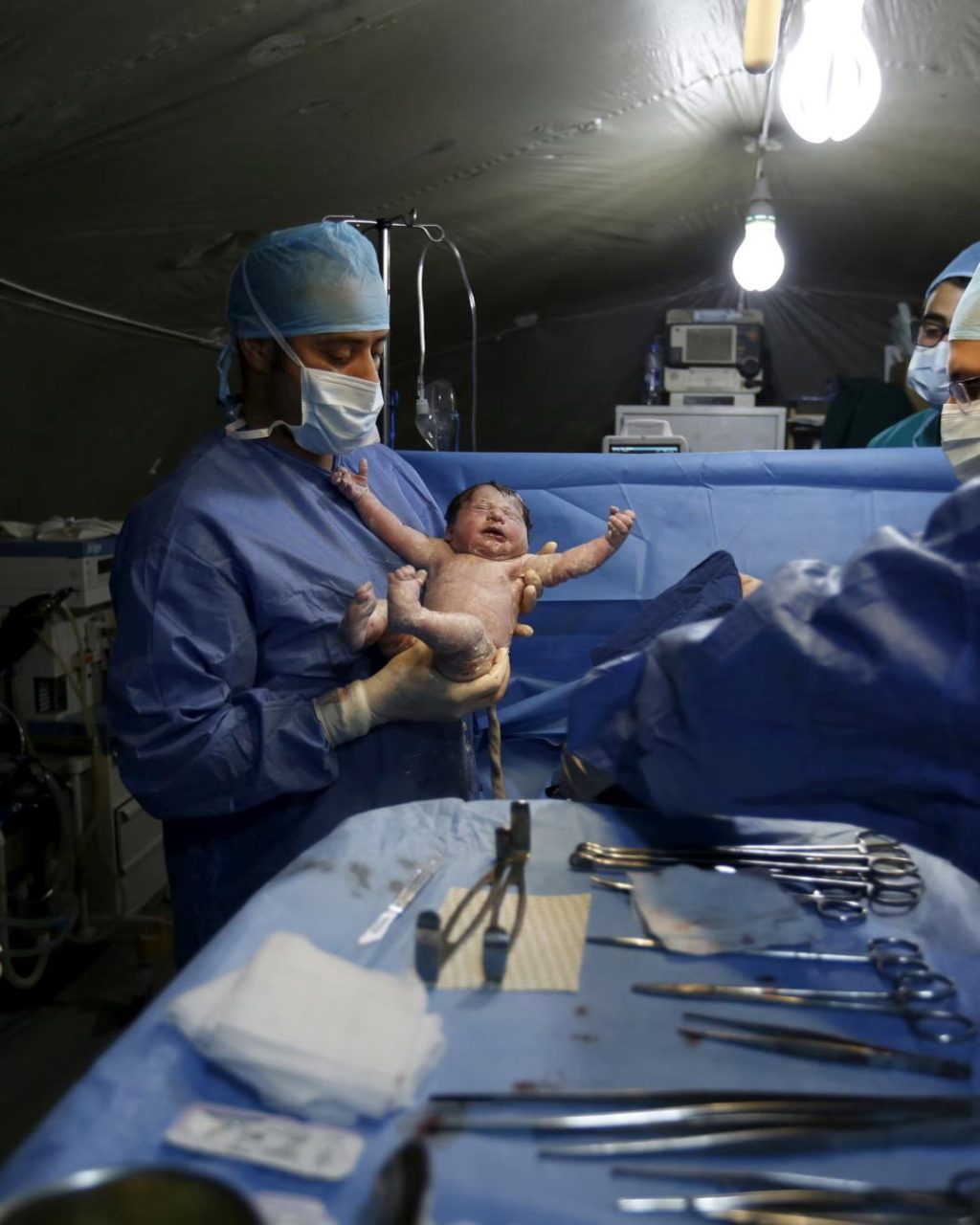
Study Flags Rise in C-Section Deliveries in India, Calls for Regulation
In a recent study published in The Lancet Regional Health Southeast Asia journal, researchers have sounded the alarm over the alarming rise in Caesarean section (C-section) deliveries in India. The study found that the country has witnessed a significant increase in C-section deliveries, with the proportion of C-sections rising from 8.5% in 2005 to 21.5% in 2021. This is above the World Health Organization’s (WHO) recommended levels of 10-15% for developing countries.
The study, conducted by a team of researchers from the Indian Institute of Public Health, Hyderabad, analyzed data from the National Family Health Survey (NFHS) and found that the rise in C-section deliveries is particularly pronounced in private healthcare settings. The researchers attributed this trend to various factors, including the growing demand for convenient and high-tech childbirth experiences, as well as the influence of social media and celebrity culture.
The study’s lead author, Dr. Sunita Taneja, emphasized the need for greater regulation in the private healthcare sector to prevent unnecessary C-section deliveries. “Private hospitals are not regulated properly, and they are pushing for more C-sections to increase their profits,” Dr. Taneja said. “This is a major concern, as an avoidable C-section can be financially stressful for families.”
The researchers also found that women from higher socio-economic backgrounds are more likely to opt for C-sections, which can further exacerbate health inequalities. The study’s findings highlight the need for policymakers to address these issues and ensure that healthcare services are accessible and affordable for all.
The Consequences of Unnecessary C-Sections
Unnecessary C-sections can have serious consequences for mothers and newborns. Risks associated with C-sections include:
- Increased risk of complications during delivery and recovery
- Longer hospital stays and higher costs
- Higher risk of infection and blood loss
- Delayed bonding and breastfeeding
- Increased risk of future pregnancy complications
Additionally, C-sections can also have long-term effects on a woman’s health, including an increased risk of hysterectomy, ectopic pregnancy, and infertility.
The Impact on Families
The financial burden of an unnecessary C-section can be significant for families. According to the study, the average cost of a C-section in India is around ₹50,000 to ₹1,00,000 (approximately $700-$1,400 USD). This can be a significant financial strain for many families, particularly those living in low-income households.
Moreover, the study found that families who opt for C-sections are more likely to experience financial stress and anxiety, which can have long-term effects on their mental and emotional well-being.
The Need for Regulation
The study’s findings highlight the need for greater regulation in the private healthcare sector to prevent unnecessary C-section deliveries. Some possible measures that can be taken include:
- Implementing stricter guidelines for C-section delivery, including stricter criteria for when a C-section is deemed necessary
- Increasing transparency and accountability in private hospitals, including regular monitoring and reporting of C-section rates
- Improving access to affordable healthcare services, including community-based care and maternity benefits
- Increasing awareness and education among women and healthcare providers about the risks and benefits of C-sections
Conclusion
The study’s findings are a wake-up call for policymakers and healthcare providers in India. The rise in C-section deliveries is a complex issue that requires a multifaceted approach to address. By implementing stricter regulations and increasing awareness and education, we can work towards reducing unnecessary C-section deliveries and ensuring that women and families receive the care they need.
Source:
https://repository.inshorts.com/articles/en/PTI/12bf287a-3deb-4f03-a0f0-ae1169293ac5






